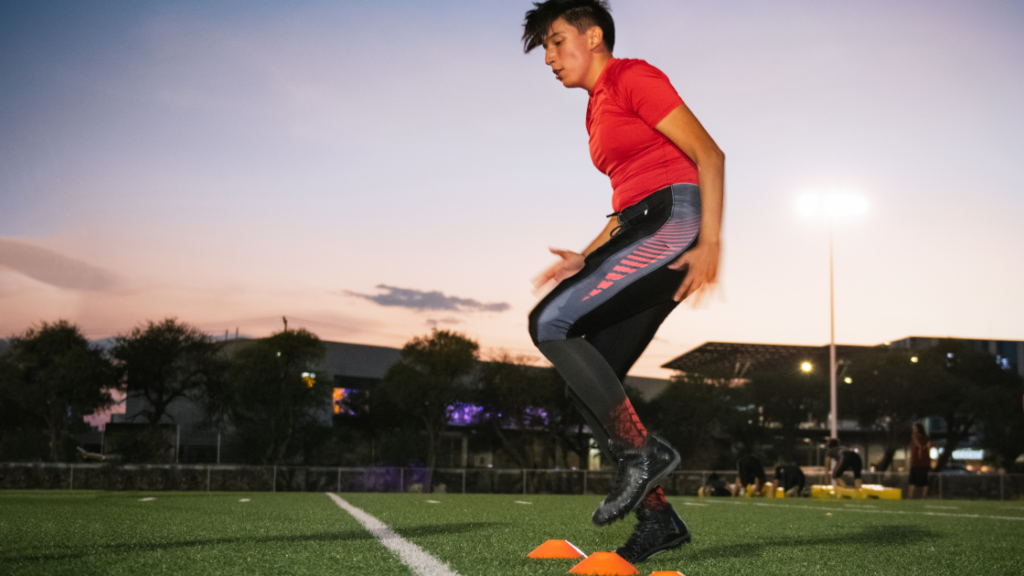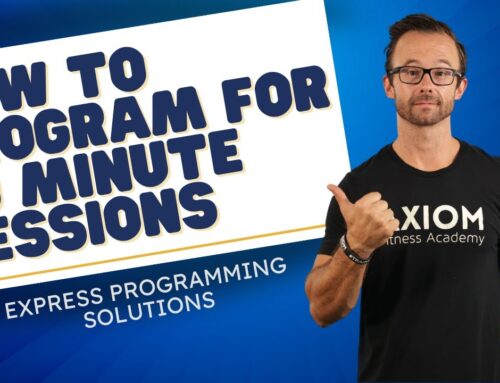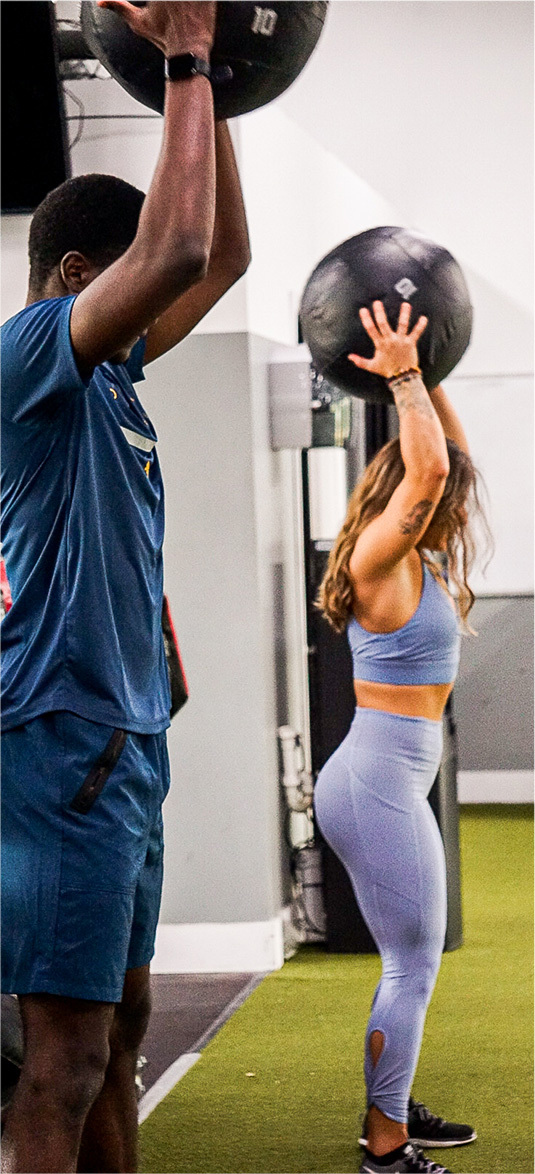Personal trainers work with a variety of clients and within multiple settings. With so much diversity, many trainers choose to embrace titles that will help differentiate themselves in an effort to better attract their ideal type of client. However, most titles require no real credentials to use and that can make things quite confusing.
The truth is, a personal trainer can call themselves whatever they want but there are some real differences between someone that works primarily with athletes and those that coach the rest of the population.
If you’re a new or aspiring coach, knowing these differences early can put you in a better position to find your place in the industry and build a career that suits you best.
Read on to learn the real differences between personal trainers and performance coaches so you can ensure you’re moving in the right direction.
Workplace And Clientele
If you think that the majority of personal trainers work with average Joes and Janes, you’re right. That’s because most trainers work at a big box or private gym with a wide variety of people coming through the doors.
As you might expect, a variety of people means a variety of goals. Some are focused on physique goals such as losing weight or gaining muscle while others prefer to workout for health and longevity. While this forces personal trainers to have a broader base of knowledge and to be more adaptable, it also allows for a broader audience of potential customers. This is where most trainers exist.
Performance coaches, on the other hand, work solely with athletes to improve strength, speed, and other qualities that contribute to improved athletic performance or injury prevention. These coaches generally hold positions or conduct their training at private, sports-specific facilities or at schools such as a public or private university, of which there are far fewer than public gyms.
And, with a smaller pool of clientele to pull from, landing a job can be quite competitive.
Education
While personal trainers and performance coaches both need to know the basics of the human body, there are areas of education where each needs to be more familiar.
Personal trainers should focus on learning more about psychology, habit adherence, and nutrition as these are more beneficial when working with the general population. This type of client usually struggles with balancing working out and eating well with their busy lifestyle and needs a coach that will give them a good experience while holding them accountable. Therefore, a personal trainer should get certified and then pursue educational opportunities that cover a broad spectrum of adjacent topics.
Some relevant educational opportunities for a personal trainer might include:
- Nutrition Coaching Certification
- Specialty Tool Course (Kettlebell, Suspension Trainer, etc.)
- Advanced Programming Course(s)
- Various Business Courses
Performance coaches should focus on optimizing athletic performance and should have a strong understanding of the principles of strength and conditioning. Unlike general population clients, athletes are usually quite motivated and committed to working out. Therefore, performance coaches spend less time holding their clients/athletes accountable and more time directing them and facilitating high-quality movement.
This role requires a bit more of an academic style education and those that work in a collegiate setting will need a Bachelors degree at minimum.
Some relevant educational opportunities for a performance coach might include:
- 4-Year Degree
- NSCA CSCS Certification
- NASM Performance Enhancement Specialist Certification
- Sports Psychology Course(s)
While there are certain aspects of education that should be a primary focus for each role, performance coaches and personal trainers can and may train across many types of clientele.
That said, all coaches and trainers should have a basic working knowledge of strength training and should seek development in areas such as business and client/athlete relationships for optimal career success.
Challenges And Opportunities
There are many opportunities available to personal trainers and performance coaches alike, but there are also unique challenges to pursuing each.
While personal trainers often find it easier to get work due to the abundance of gyms in the United States and plethora of exercise enthusiasts that need coaching, there are also quite a few trainers in one’s local area trying to capture the same clients.
A saturated market means that successful trainers have to spend more time on their craft to stand out from the crowd. Additionally, clients are more open than ever to alternative methods of training such as online coaching which creates a larger potential audience with more flexible work opportunities.
It may seem like performance coaches may have it easier, but that’s not exactly the case. Those that wish to work in the professional or collegiate settings face stiff competition and wages typically lower than their colleagues that work in private facilities. Long hours and little pay aren’t for everyone, however, the trade-off is working with some of the most gifted athletes in the world and being at the forefront of human performance.
Youth athletes can also be rewarding and fun to work with, but often come along with handling parent expectations and getting and creating buy-in from parents and families. These challenges shouldn’t scare you off, though. The real opportunity is two-fold: having a job that is exciting and rewarding as well as changing the lives of those you get to work with.
Conclusion
If you’re passionate about helping people reach their health, fitness, or performance goals, then you really can’t go wrong choosing to be a personal trainer or performance coach. But, don’t be mistaken – to be the best they require a different path of development and education that should fit your desired direction.
Hopefully a better understanding of the challenges and requirements for success in each can help to steer you down the right path to progress and personal fulfillment.







